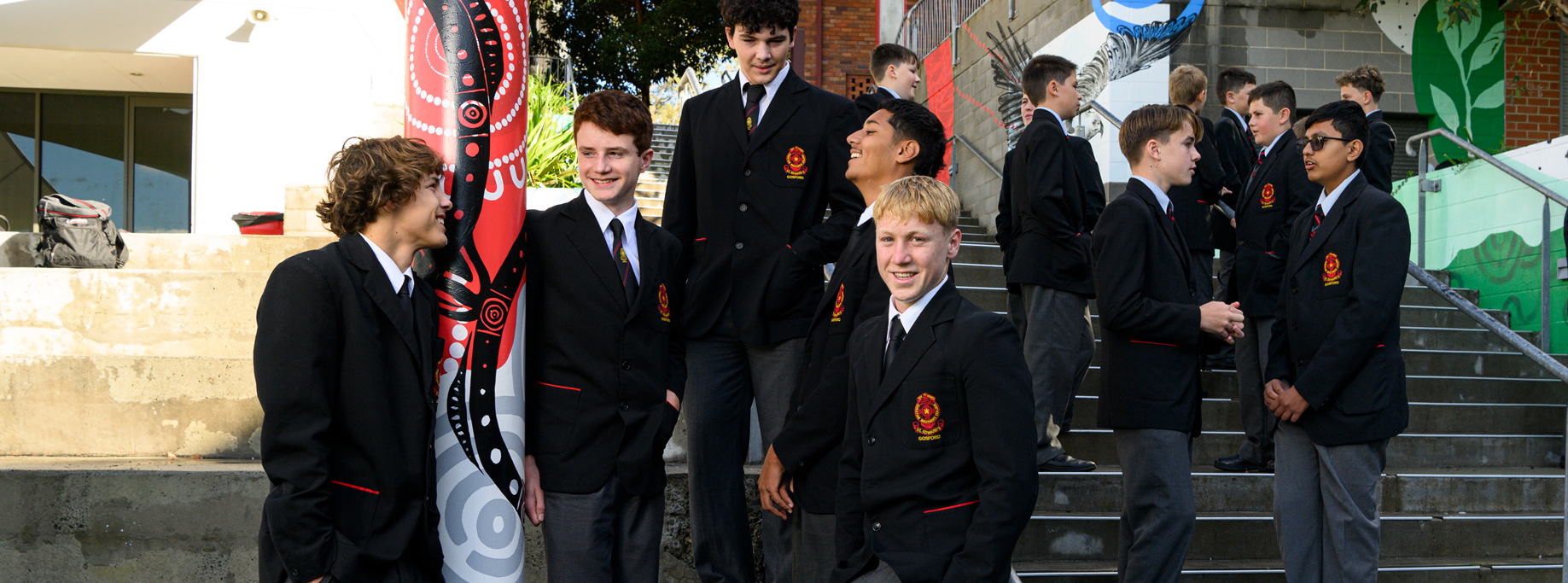
“Sticks and stones may break my bones, but words will never hurt me.”
This reply to playground name-calling has been taught to children by generations of parents. While the sentiments are true, it demonstrates how destructive language can be when it’s used to hurt or humiliate.
Name-calling dehumanises the child or young person on the receiving end, making it easier for a perpetrator to bully, put down or abuse. The language of bullying and sexual abuse is deliberately vague and generalised making it easier to hurl insults about gender or ethnicity. It’s much harder to insult someone when real names are used as it becomes personal.
Bullying uses language that dehumanises. Respectful relationships has its own language, and it’s through this language that respect is shown, and personal safety and integrity are assured.
Parents can help children and young people to develop the language of respectful relationships in the following ways:
Use First or Preferred Names
The sound of a person’s name respectfully spoken is music to the listener’s ears. Teach kids to refer to other people by their first or preferred name. If a relative prefers to be called aunt or uncle rather than by their first name, then out of respect, encourage children and young people to adjust their language accordingly, even though you may not subscribe to such formalities. Politeness is respect in action.
Differentiate Between Behaviour and the Person
It’s incorrect to define a child’s character through their poor behaviour. A child who tells lies is frequently called a liar, someone who steals is often labelled a thief, or someone who inadvertently shares secrets is deemed untrustworthy. In sporting parlance, focusing on the behaviour rather than on the person teaches kids about to play the ball, not the person. It may sound like splitting hairs but the focus on character traits rather than on a person’s behaviour is hurtful, often degrading, and leads to resentment rather than change.
Call Out Disrespectful Behaviour
The standard of behaviour you ignore is the standard of behaviour you accept. Disrespectful behaviour needs to be called out by adults so kids learn that bullying, racism and other forms of disrespectful language are not acceptable. When discussing the behaviour and character of friends, fictional characters in books and personalities on film differentiate between the behaviour and the person, calling out the use of negative labels when you hear them. It’s easy to ignore disrespectful language when you hear it, but this one area where a consistent approach by adults is critical.
Frame Behaviour as a Choice
Framing behaviour as a choice is an essential respectful relationships strategy that needs to be reinforced for children and young people. “That’s a smart/good/helpful choice!” is the type of response kids should repeatedly hear, reinforcing that their behaviour is a result of choice rather than driven by others, circumstances, or emotion. Personal choice negates the idea that somehow other people or circumstances determine behaviour, or become convenient scapegoats for all types of abuse and disrespectful behaviour . “She/he made me do it” just doesn’t wash in a civilised society.
Develop a Wide Vocabulary
Build a wide vocabulary of terms essential to respectful relationships. Terms such as safety, choice, respect, acceptance, tolerance, love, likeable and host of others should be familiar to kids as well as phrases that emphasise fair and respectful treatment of others in all types of environments.
In Closing
Respect is shown not only through the treatment of others but through the language kids use every day. By focusing on the language of respect you are laying the basis for kids to enjoy respectful relationships both now and in the future.
Return to Newsletter







